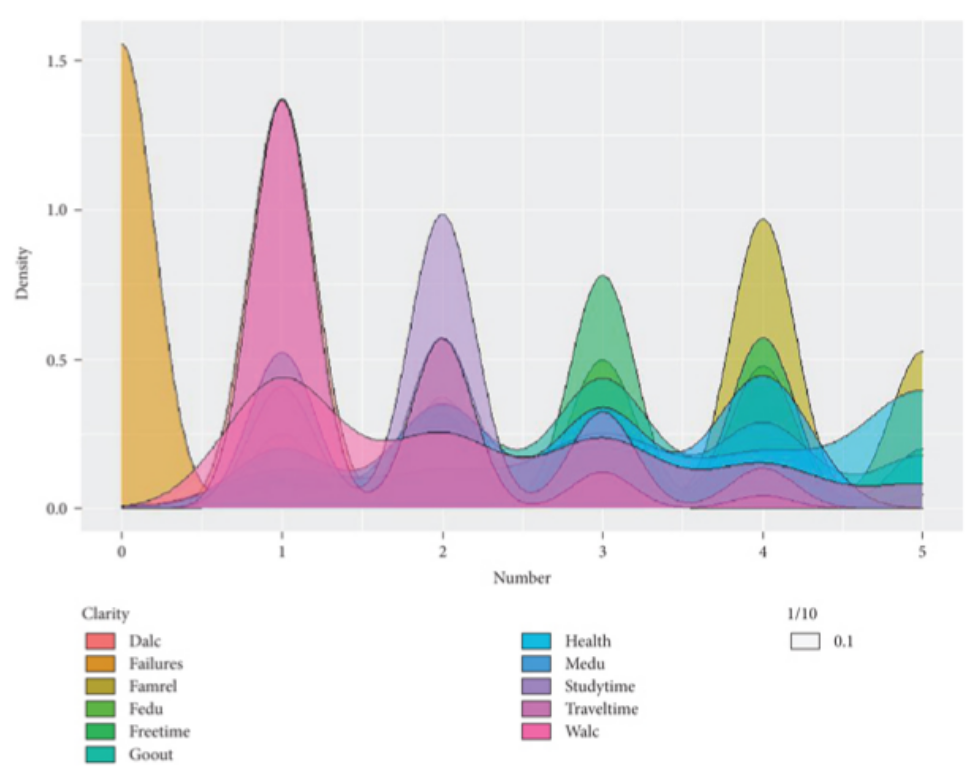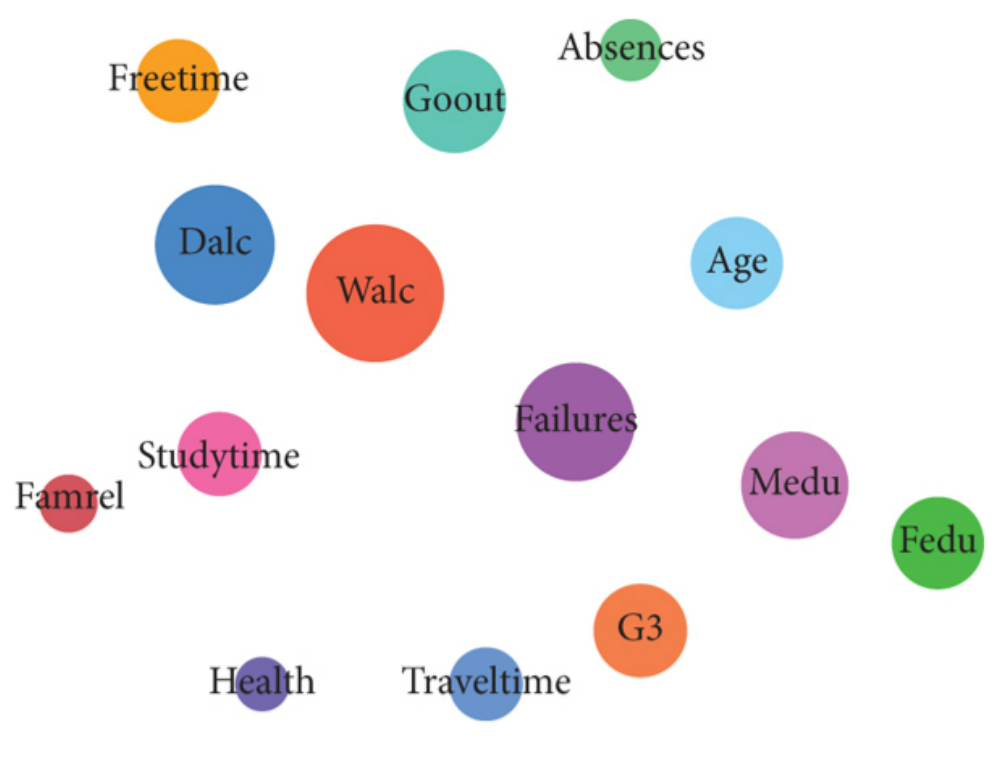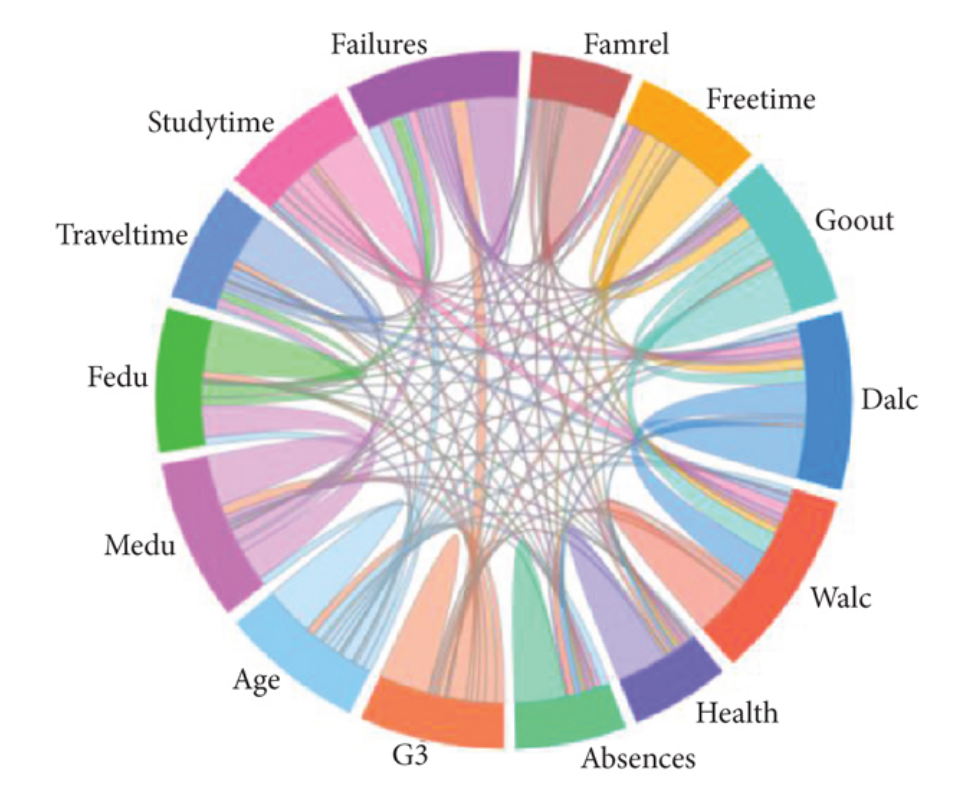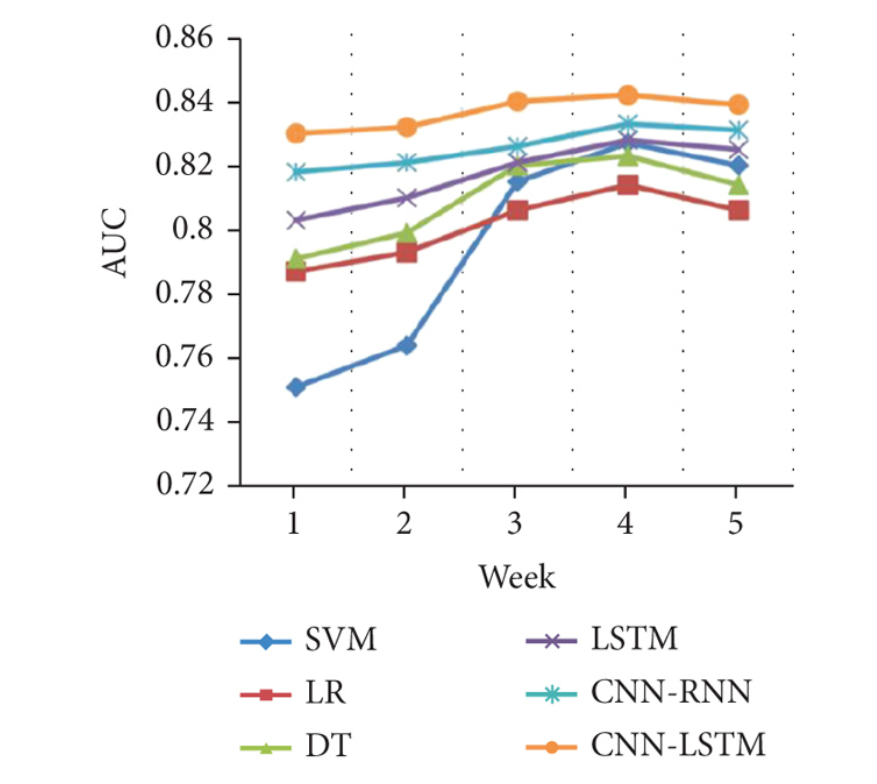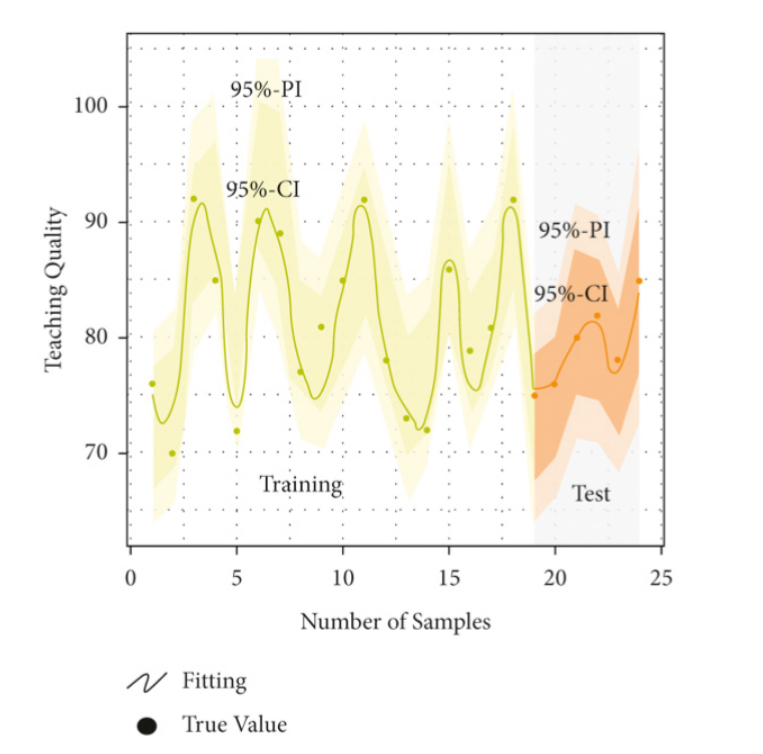 An open access journal
An open access journal
Ensuring Family Support in Disability Services through a Case Study of Caregivers for Individuals with Mental Disabilities
Abstract
Over the past few years, China has seen a growing prevalence of mental disabilities, with the number of affected individuals increasing each year. These individuals often require extended periods of rehabilitation, which places considerable caregiving responsibilities on their families. Rooted in traditional Chinese culture, families typically assume the role of primary caregivers, driven by a sense of duty and the societal stigma surrounding disabilities. This stigma fosters a cultural norm of keeping family issues private, leading families to operate within a socially insulated space shaped by persons with disabilities and service providers. The prolonged caregiving responsibilities also highlight the need for support systems that extend to caregivers. However, existing support structures in China largely focus on individuals with mental disabilities, overlooking the rights and protections needed by their caregivers. This study employs social ecological system theory to explore the challenges faced by family caregivers. Additionally, it draws on Esping-Andersen's welfare regime framework to analyze the welfare protections available to caregivers of persons with mental disabilities in the UK, considering four key dimensions: rights support, economic assistance, time-related support, and service provision. The goal is to offer insights and recommendations for enhancing China’s welfare protection system for caregivers.
Share and Cite
Article Metrics
References
- Xia Xueluan, Ruan Tseng Yuan-qi, Wang Sibin, Lin Xiangsheng, and Zhang Zhong (1996). Theory, Policy, and Practice of Community Care. Beijing: Peking University Press.
- Esping-Andersen (Denmark), Miao Zhengmin and Teng Yuying (2010). The Three Worlds of Welfare Capitalism. Beijing: The Commercial Press.
- William Beveridge (UK), translated by Hua Yingfang, Tang Xiaoli and Geng Shuyan (1995); Beveridge Report: Social Insurance and Related Services. Beijing: China Labor and Social Security Press.
- Chen Renxing (2020), "Media representation of images of mentally disabled youth: A Content analysis based on relevant TV news reports", Youth Research, 5, pp. 84-93.
- Chen Yi, Yue Ying, Song Lisheng (2000), "Stigma of family members of psychiatric patients and analysis of related factors", Shanghai Psychiatry, 3, pp. 153-154.
- Chen Gong, Guo Chao, Chen Xinmin et al. (2014), "A Comparative analysis of the design and methods of two National Sample Surveys on Disabled Persons"
- Cui Yueqin, Zhang Yifu (2022), "Double Empowerment: A study on the governance transformation path of neighborhood committees: An Analysis based on the practice of X Community Social Organization Service Center", Journal of Tsinghua University (Philosophy and Social Sciences Edition), 2, 175-184.
- Fang Lijie and Chen Huiling (2021), "Balancing Work and Family: An International Comparison of family support Policies," Population Journal, 2, 86-97.
- He Tiantian (2013), "Humanistic Concept of Social Welfare System for Disabled People in Britain", Master's thesis, Huazhong University of Science and Technology.
- He Xin (2019), "Care burden and supportive services for preschool children with Disabilities: A study based on the practice of Y institutions", Social Construction, 6, 53-61.
- Hua Hongqin (2015), on the construction of supportive welfare policies and service systems for families of disabled children, Social Construction, 2, pp. 24-35.
- Huang Chenxi, Wang Jing, Wang Yuwei (2019), "International experience and domestic practice of Elderly relative caregiver support policy", Journal of East China Normal University (Philosophy and Social Sciences Edition), 3, pp. 152-159.
- Li Li, Deng Meng (2007), "The value concept and practical Enlightenment of Social welfare security for disabled people in Modern Western countries", China Special Education, 6, 3-9.
- Li Weifeng, Liang Lixia (2008), "Community Care Theory and its practice in China", Journal of Jinan University (Social Science Edition), No. 1, 12-15.
- Yan Lian, Lily-Dongxia Xiao, Hui Ren (2016), "Implications of social ecosystem theory for the construction of a human-centered caregiver support system for Alzheimer's disease in China", Chinese Journal of General Medicine, 9, pp. 997-1001.
- Lu Xinping (2005) : "Residential care or community care? -- Discussion on the possible orientation of China's pension model ", Population and Economy, 3, pp. 8-13.
- Ma Qiqi, Liu Yanling, Zhu Xiaodan (2019), "Qualitative research on caregiving experience of caregivers of children with hearing impairment from the perspective of social ecosystem theory", Journal of Nursing, 20, pp. 91-94.
- Channing (2013), "The Development Path of elderly Welfare in China based on Community care", Exploration 2, pp. 46-50.
- Rong Zengju (2013), "Problems and countermeasures in community day care centers for the elderly: A case study of Xining City, Qinghai Province", Journal of Beijing University of Technology (Social Science Edition), 2, 19-23.
- Ren Zhanbin, Cong Xiangqun, Duan Xiaolei (2011), "Survey of Social security and services for Disabled people in Britain and France", Disability Studies, No. 1, pp. 58-6. .
- Tang Yong (2012), "The establishment of mental health and long-term care system for the main caregivers of the elderly with disabilities", Academic Forum, 9, pp. 168-173.
- Tao Yanlan, Feng Xiaotian (2020) : Breaking the cultural rules of the "ideal caregiver" : The key issue of Social policy support for mothers' employment ", Social Science, 4, pp. 77-89.
- Tong Xueli (2018), "Who takes care: A study on the care model and selection mechanism of families with long-term illness", Ningxia Social Sciences, 4, 147-155.
- Wu Yan (2007), "Equality, Participation, Diversity and sharing: A Preliminary study on the British disability welfare policy system", Social Security Research (Beijing), 2, 153-165.
- Xu Jieming and Liu Surong (2012), "The Employment Policy of the Disabled in the United Kingdom and its implications for the Cause of the disabled in China", Ideological Front, No. 1, pp. 129-130.
- Yang Lixiong (2014: A Comparative study on the welfare systems of disabled people in the United States, the United Kingdom and Japan), Heilongjiang Social Sciences, 3, pp. 83-93.
- Yang Lixiong (2018), "Research on the economic security of Disabled People with Chinese Characteristics", Disability Research, 3, pp. 25-34.
- Yue Chen (2008), "Social Welfare System for Disabled People in Britain", Master's thesis, Renmin University of China.
- Zhou Yun (2010), "Social Security for Disabled People in the UK", Social Security Research, 6, pp. 92-99.
- Zhuo Caiqin (2013) : "The development of ecosystem theory in the field of social work", Jianghai Journal, 3, 113-119.
- Zhou Pei (2002), "Community Care: A model of community work that cannot be ignored in the process of social transformation", Journal of Nanjing University (Philosophy, Humanities, Social Sciences Edition), No.5, 20-27.
- Zhao Xi, Guo Chunning (2014), "Social Welfare Policy for Disabled People in the UK and its implications", Disability Studies, 2, pp. 78-81.
- Zhou Yang and Yan Shengming (2021), "The burden of family caregivers for elderly people with dementia from the perspective of stress process theory", Journal of Zhejiang Shang Shang University, No.3, 141-152.
- Chou, Yueh Ching, Lee, Y. C., Lin, L. C., Kröger, T., & Chang, A. N. (2009). Older and younger family caregivers of adults with intellectual disability: Factors associated with future plans. Intellectual and Developmental Disabilities, 47(4), 282–294.
- Foster, K., Maybery, D., Reupert, A., Gladstone, B., Grant, A., Ruud, T., Falkov, A., & Kowalenko, N. (2016). Family-focused practice in mental health care: An integrative review. Child and Youth Services, 37(2), 129–155.
- Holroyd, E. (2003). Hong Kong Chinese family caregiving: Cultural categories of bodily order and the location of self. Qualitative Health Research, 13(2), 158–170.
- Leng, A., Xu, C., Nicholas, S., Nicholas, J., & Wang, J. (2019). Quality of life in caregivers of a family member with serious mental illness: Evidence from China. Archives of Psychiatric Nursing, 33(1), 23–29.

